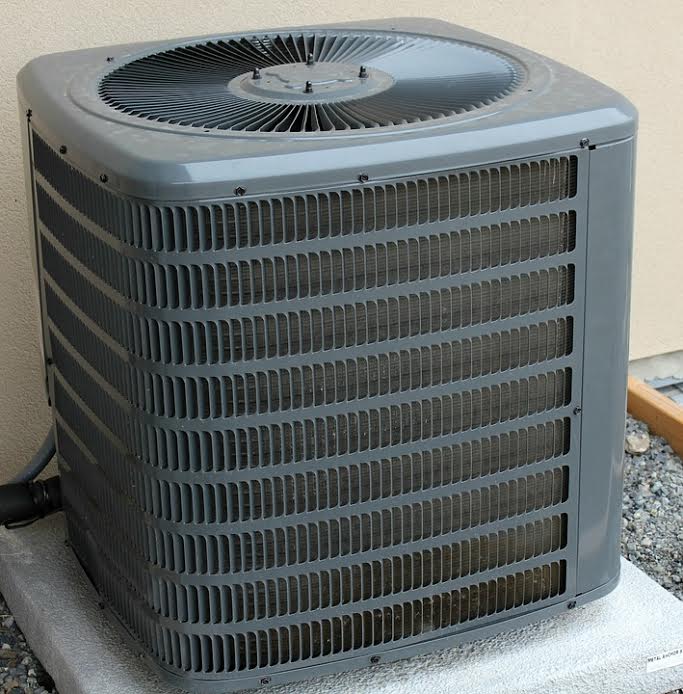SEER and Tonnage: Why Does It Matter and Should You Care?
Sizzling summer days and nights are just around the corner – is your home equipped for cool comfort and energy savings?
If you need a new cooling system, the question is which AC system is best for you and your home needs? Since there are quite a few different options and ways to go, it’s important to distinguish the differences and understand the variables that go into choosing a new air conditioner or heat pump.
The most important terms when it comes to cooling systems are SEER and Tons, and we’ve put together an easy-to-understand summary and guide to understanding them:
SEER
The Seasonal Energy Efficiency Ratio (SEER) measures the energy efficiency of your air conditioner and heat pump over an entire season, by calculating the cooling output divided by your total electric energy input.
The more efficient your cooling system is the less energy it will take to cool your home. When it comes to SEER ratings, the higher the SEER rating the greater energy efficiency and that also means lower energy bills.
While there’s no set range for SEER ratings, as maximum range increases with modern cooling systems becoming even more efficient, it’s important to pay attention to some levels. For instance, the minimum SEER rating allowed today is 13, but if you have an older system, chances are the rating is 10 or less (and could even be as low as 6). The most efficient SEER ratings of air conditioners fall in the range of 20+.
TONS
Just as important as the SEER rating, or perhaps even more important, is the size of an HVAC unit. They are measured in ‘tons’ – which was originally defined as the amount of heat removed by 1 ton of ice every 24 hours. In modern terms, 1 ton is defined as 12,000 BTU/hour, and 1 BTU = 1.06 kJ.
Why should you care about the tonnage?
The proper sizing of an AC or Heat Pump depends on a lot of variables; from overall square footage of the house, to type of insulation, to room layout, to the size/insulation value of the windows and which direction they face.
The thing to know is that, even though it may seem logical to assume that the higher or bigger the SEER and tons, the better – that may not always be the case. To illustrate, most of the higher SEER systems lose cooling power more rapidly at higher outdoor temperatures because they have smaller compressors, meaning that during a really hot day the higher SEER may not provide higher cooling comfort.

Other factors to consider are single vs. variable speed, how long you plan to stay in your home, etc. With all of the available options to consider, choosing the best equipment can be challenging. The best way to ensure that you have the properly sized unit at a good SEER rating for your unique needs is to have a professional HVAC contractor come to your home to properly measure your house and evaluate your unique needs. For this reason, UGI Heating, Cooling & Plumbing will always come to you for a free, in-home consultation before giving any project estimates.
At UGI Heating, Cooling & Plumbing, we size your home for a proper, professional installation of your new cooling system. We will design a solution that will control humidity and airflow to ensure complete home comfort. Rely on our skilled HVAC contractors to help you service your current system or perform AC installation that is right for your budget, environment, and home needs in the Lehigh Valley PA, Harrisburg PA, Lancaster PA, Reading PA, and the surrounding areas.
Make an appointment today with the leading HVAC company for all of your air condition installation and other cooling and heating system needs, and learn more about SEER and Tonnage as they pertain to your own home.
Categories
Our Current Specials
Click here to view all coupons/offers >
Call UGI Heating, Cooling & Plumbing today at 1-833-980-3496 to take advantage of this offer.
Click here to Schedule an Appointment >








